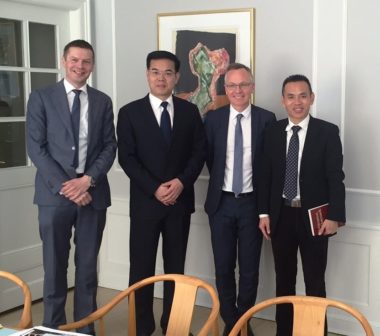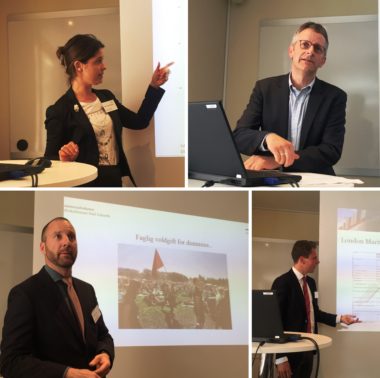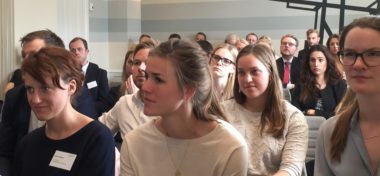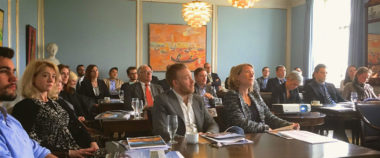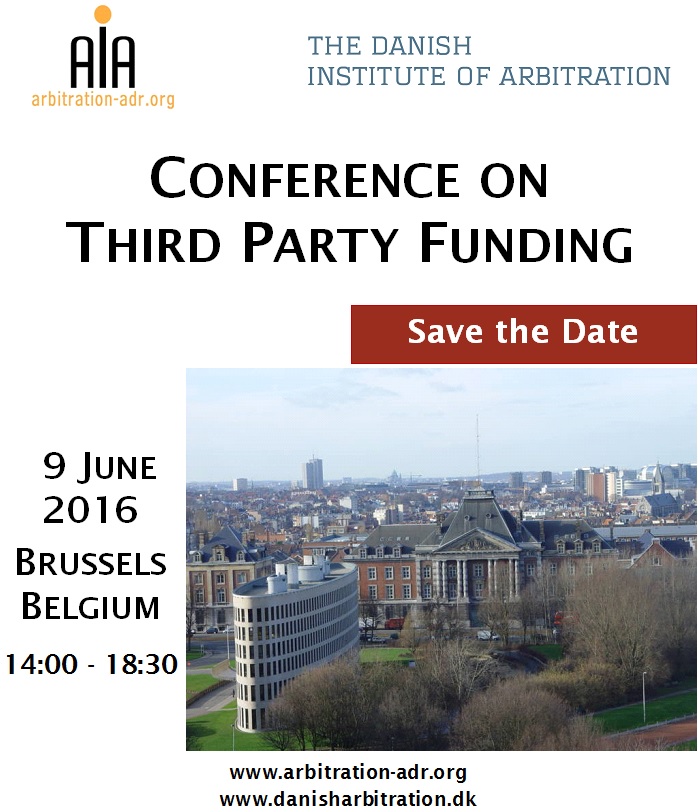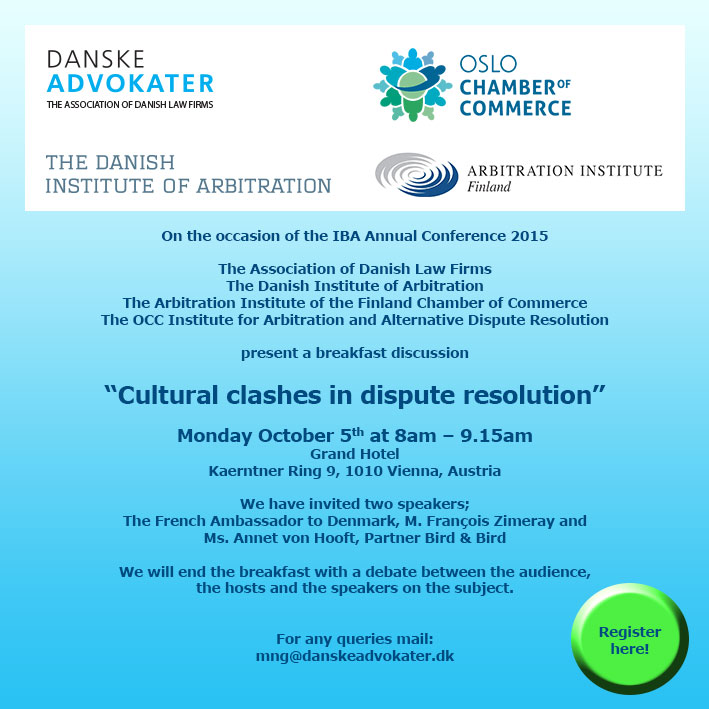The procedure for emergency arbitration was first introduced by the International Centre for Dispute Resolution (the “ICDR’) in 2006 and since then the concept of emergency arbitration has made its way into the rules of several international arbitral institutions and some countries have also recognized emergency arbitration in their legislations, writes Jaai Dashpute, Legal Professional.
Jaai Dashpute, Legal Professional, Denmark
Talking of rapidly growing economies like India and Denmark, which are ‘home’ and ‘home away from home’ for me, it’s important to highlight the economic activity between the two nations. The year 2024 marks 75 years of diplomatic ties between India and the Kingdom of Denmark.
Nearly 200 Danish Companies have invested in India in various sectors including shipping, renewable energy, and environment. Around 25 Indian companies are present in Denmark in various sectors, including IT, renewable energy and engineering. According to the Ministry of External Affairs of the Government of India, there has also been a significant rise in bilateral trade between the two countries on a year-on-year basis.
With the growing business relations, it makes sense to examine the effectiveness of dispute resolution mechanisms, including as regards emergency arbitration, in ensuring ease of doing business in India as well as Denmark.
Emergency Arbitrations in India
In India, emergency arbitrations have not yet found their way into ‘The Arbitration and Conciliation Act, 1996’ – last amended in 2021. However, in a recent Supreme Court of India Judgment in the matter of “Amazon.com NV Investment Holdings LLC Future Retail Limited & Ors.” dated August 6, 2021, the apex court upheld the golden principles of party autonomy in arbitration proceedings and validated the appointment of emergency arbitrators.
The Court held that, “full party autonomy is given by the Arbitration Act to have a dispute decided in accordance with institutional rules which can include Emergency Arbitrators delivering interim orders, described as “awards”. Such orders are an important step in aid of decongesting the civil courts and affording expeditious interim relief to the parties.”
In the aforesaid Judgment, the Supreme Court has highlighted some observations made in the Srikrishna Committee Report on the enforceability of emergency awards. Reproducing excerpts from the report below:
“While one could possibly rely on section 17(2) of the Arbitration and Conciliation Act to enforce emergency awards for arbitrations seated in India, the Delhi High Court decision in Raffles Design International India Pvt. Ltd.& Anr. v. Educomp Professional Education Ltd. & Ors., (2016) 234 DLT 349 held that an emergency award in an arbitration seated outside India is not enforceable in India.
Given that international practice is in favour of enforcing emergency awards (Singapore, Hong Kong and the United Kingdom all permit enforcement of emergency awards), it is time that India permitted the enforcement of emergency awards in all arbitral proceedings. This would also provide legislative support to rules of arbitral institutions that presently provide for emergency arbitrators (See Dennis Nolan and Roger Abrams, ‘Arbitral Immunity’, Berkeley Journal of Employment and Labour Law, Vol. 11 Issue 2 (1989), pp.228–266). For this purpose, the recommendation made by the LCI in its 246th Report may be adopted.”
Emergency Arbitrations in Denmark
The Danish Institute of Arbitration has been a first mover in Denmark in terms of introducing rules for emergency arbitrations in Appendix 3 of its Arbitration Rules which were effective from 1 May 2013. On occasion of the launch of the 2013 rules, Steffen Pihlblad, Secretary-General at the DIA expressed his views on emergency arbitrations in the Erhvervsjuridisk Tidsskrift (edition 303 of 2013) and stated “The purpose of the scheme is to fill the gaps between the time when a party wants a provisional order for interim remedies and on the other hand the time taken to appoint and approve the arbitral tribunal by the Institute”. The current rules of the DIA which are effective from 13 April 2021 contain the provisions at Article 48 and in Appendix 4. Emergency arbitration is not commonly used by parties at the DIA. This is reflected in the figures presented by the Roschier Disputes Index this year that provides an insight into dispute resolution within the Nordic jurisdictions. The index states that only “2% of the respondents said they had been involved in emergency arbitrator proceedings in Sweden and Norway”.
Way forward
Pap Daniel, Lawyer at the European Court of Human rights in his piece ‘When justice delayed is justice denied: Advantages and Disadvantages of Emergency Arbitration in comparison with Interim relief’ made the below concluding remarks which stress on the amendment of national laws to strengthen the legal position of emergency arbitrations and are noteworthy.
“The more likely solution would be that pro-arbitration states amend their national laws to be similar to those of Hong Kong or Singapore, which recognise emergency arbitration decisions as enforceable. To serve as a final solution to the problems highlighted above, any such amendment to domestic legislation should include a definition of “arbitrator” or “arbitral tribunal” that also covers emergency arbitrators, similarly to the wording adopted by New Zealand in its Arbitration Act 33 to quash any challenge linked to the interpretation on the competences of an arbitrator. Moreover, national laws should recognise the enforceability of emergency arbitration, irrespective of whether it was handed down as an order or an award and irrespective of the seat of arbitration. As emergency arbitration is coming of age, we will see more crystallised case law on these issues, which could potentially gear up a wave of domestic legislation in pro-arbitration states.”
FACTS
What factors are considered to accept an emergency arbitration application?
Article 17 of the UNCITRAL Model Law on International Commercial Arbitration 2006 deals with the power of an arbitral tribunal to order interim measures where it may order a party to:
(a) Maintain or restore the status quo pending determination of the dispute;
(b) Take action that would prevent, or refrain from taking action that is likely to cause, current or imminent harm or prejudice to the arbitral process itself;
(c) Provide a means of preserving assets out of which a subsequent award may be satisfied; or
(d) Preserve evidence that may be relevant and material to the resolution of the dispute.
Further, Article 17A of the Model Law details the conditions for granting interim measures which need to be satisfied by the requesting party:
(a) Harm not adequately reparable by an award of damages is likely to result if the measure is not ordered, and such harm substantially outweighs the harm that is likely to result to the party against whom the measure is directed if the measure is granted; and
(b) There is a reasonable possibility that the requesting party will succeed on the merits of the claim. The determination on this possibility shall not affect the discretion of the arbitral tribunal in making any subsequent determination.
The Danish Institute of Arbitration includes emergency arbitration in Article 48 of its Rules for Arbitration 2021 “Where the taking of evidence or interim measures cannot await the confirmation of the arbitrator(s) under the Rules, it may be done with assistance from an interim arbitrator or an emergency arbitrator in accordance with the provisions contained in Appendices 3 and 4, respectively.”


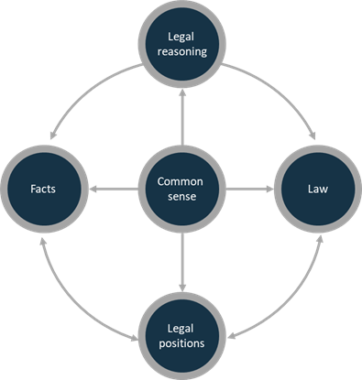
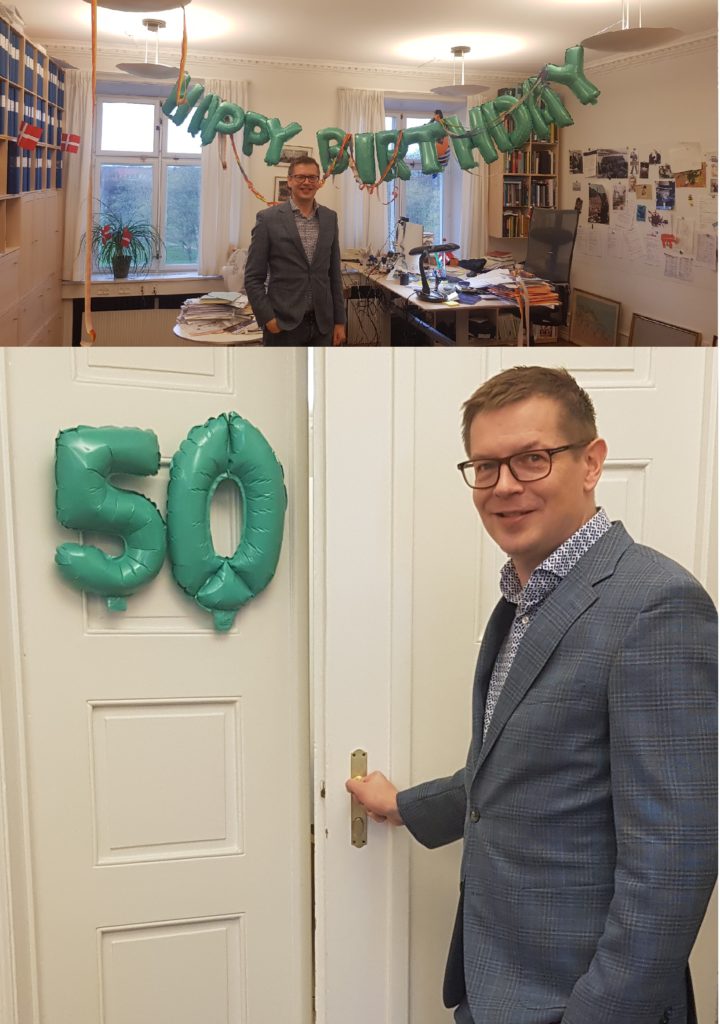
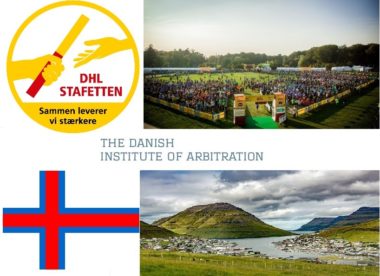
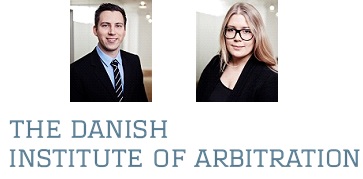
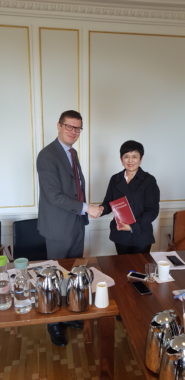
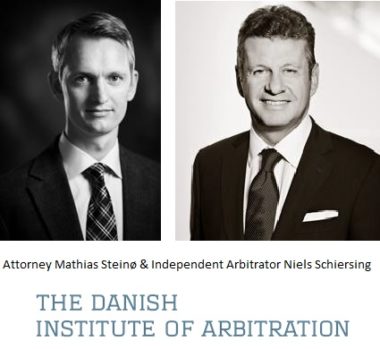
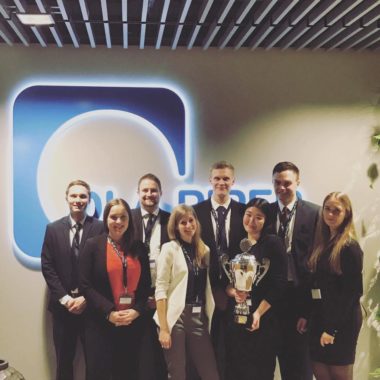
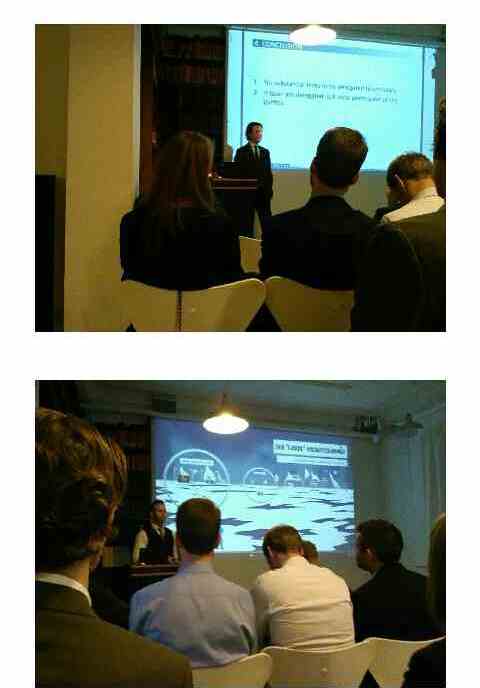 Attorney Thomas Stouten (Houthoff Buruma) is a lawyer based in the Netherlands. He is a member of the team of attorneys representing the Russian State before the Dutch courts regarding the annulment of the arbitral award in the Yukos case. The Dutch courts have annulled the award based on jurisdiction but another argument advanced by the Russian State regarded the role of the Secretary.
Attorney Thomas Stouten (Houthoff Buruma) is a lawyer based in the Netherlands. He is a member of the team of attorneys representing the Russian State before the Dutch courts regarding the annulment of the arbitral award in the Yukos case. The Dutch courts have annulled the award based on jurisdiction but another argument advanced by the Russian State regarded the role of the Secretary.